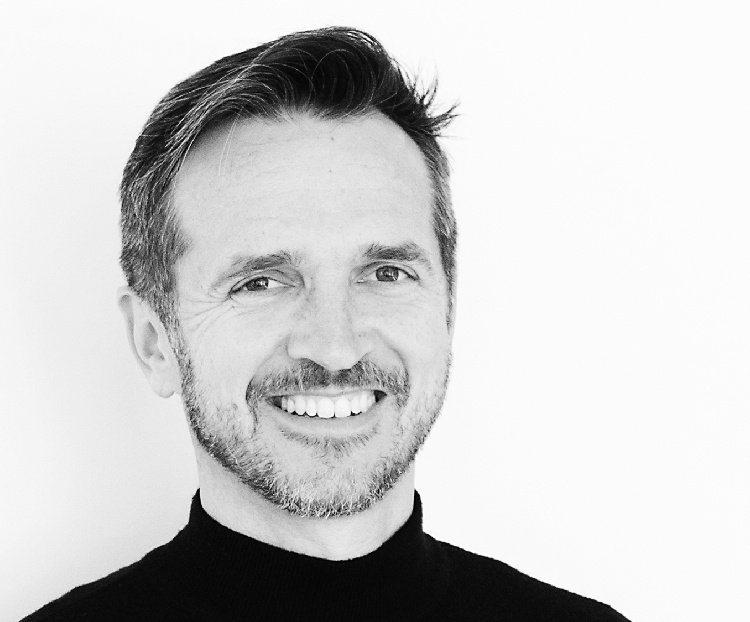Hey,
In this week’s Build I’m bringing you three links that I spotted that are worth a founder’s attention this week.
Today you’ll find me at the UK’s Festival of Entrepreneurs in Birmingham. If you’re attending the event, drop me a line and let’s grab a coffee.
best regards,
-sw
RECOMMENDED THIS WEEK #1
Frameworks – handrails for thinking
Mike Fisher writes about the role of frameworks in providing a structure in which ideas and concepts can be better understood. His uses the metaphor of “handrails for thinking” to explore the inherent simplicity and practicality of frameworks.
My take:
I liked this as it captured the essence of what frameworks can do for founders. As Mike explains, a good framework framework can reduce the fear of a mis-step when dealing with an unfamiliar situation. Given founder life is packed with unfamiliar situations, there’s clear value to be had from the right framework at the right time.
RECOMMENDED THIS WEEK #2
Enough with the playbooks and frameworks
Jurgen Appelo makes the case against frameworks in start-ups. He challenges the notion that frameworks can substitute for the “curiosity…tolerance for chaos…and the willingness to iterate relentlessly until something clicked” that founders need.
My take:
The line “Elon Musk didn’t launch PayPal with a Wardley map” caused me a wry smile as I’ve never actually managed to understand how to make a Wardley map, despite several committed attempts to learn over the years. Jurgen rightly captures a need for something more than following a pattern when starting a business. I was pondering how Jurgen’s article sat alongside Mike’s piece about handrails. I concluded their arguments could sit alongside each other – use frameworks to help you as a founder, but don’t rely on them too much or for the wrong things.
RECOMMENDED THIS WEEK #3
The dangerous myth of genius
This piece by Rachel Botsman caught my eye. She explains how society’s concept of genius has evolved from something we “have” to something people “are“. This leads to a a dangerous myth that serves as a license for misbehaviour. Instead she suggests that genius emerges from ecosystems of collaboration. The performative nature of modern genius often obscures the communities and conditions that actually lead to meaningful discovery.
My take:
I thought Rachel’s piece was insightful and it got me thinking about the organisational design work I do as a consultant COO. The fact that genius comes from how we create organisational ecosystems means if we’re designing for innovation or creativity, we need to be intentional about how organisational forms and rituals create greater opportunities for that genius to emerge.
Build is Simon Wakeman’s newsletter for founders, ditching startup hype
to give you raw, practical wisdom about leading high growth businesses.
Simon helps founders navigate the transition from start-up to scale-up
through his work as a fractional COO, consultant COO, advisor and coach.



